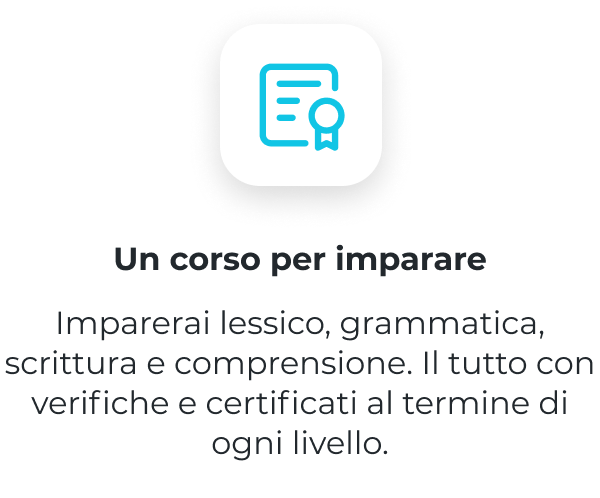May e Might, qual’è la differenza?
Hai sentito parlare dei verbi may e might, ma non sei ancora sicuro della loro differenza? ABA English te lo spiega e ti mostra che differenza c’è e le situazioni in cui vengono utilizzati.
May e Might: uso e differenze
May e might sono verbi modali che esprimono possibilità e probabilità. Cioè, che qualcosa può succedere.
Differenza di grado di probabilità
Mentre may esprime un grado di probabilità maggiore, might esprimere un grado di probabilità minore.
Per esempio:
- My favorite team may win today. (Forse la mia squadra del cuore vincerà oggi.)
È più probabile che questa frase:
- Potrei vincere alla lotteria un giorno. (Potrei vincere alla lotteria un giorno.)
Un altro esempio:
- I may go to the gym tonight. (Forse andrò in palestra stasera).
Questa frase ha un alto grado di probabilità. Invece, la frase seguente ha un grado di probabilità inferiore.
- I might go to the concert. (È possibile che vada al concerto.)
Esercizio A
Usando may e might fai in modo che queste due frasi esprimano che è molto probabile che accada qualcosa o che è improbabile che accada qualcosa.
- She gets into the team
- I will buy a plane.
Come usare la formula May/Might…, but
Usiamo anche may e might quando si vuole esprimere che due situazioni sono opposte, ma che l’una non impedisce l’altra.
Per esempio:
This gym may not be as big as others, but it still has a lot of clients.
(È possibile che questa palestra non sia grande come le altre, ma ha ancora molti clienti.)
She might not be the best at cooking, but the dessert she made yesterday was delicious.
(È possibile che non sia la migliore in cucina, ma il dessert che ha preparato ieri era delizioso.)
La differenza tra i due è che quando si usa may in questa struttura, significa che sebbene qualcosa sia reale, non impedisce ciò che viene affermato.
Mentre might si riferisce al fatto che, sebbene qualcosa possa essere reale, non cambia nulla di ciò che viene affermato.
Esercizio B
Combina le seguenti frasi con may/might…, but.
I bought a new car. I like going downtown with my bicycle.
- He spoiled the surprise when I called her. It wasn’t his intention.
- She gifted him a Playstation 5. He wasn’t happy.
- He won the lottery. He showed a lot of humbleness.
Unisciti all’accademia digitale d’inglese più
grande del mondo e impara l’inglese
May e might per chiedere, dare o negare il permesso
Per richiedere formalmente il permesso, si usa may e raramente si usa might.
Per esempio:
May I ask you a question? (Posso farti una domanda?)
Inoltre, si usa may not per negarlo e non si usa quasi mai might not.
Per esempio:
You just did, but you may ask me another one. (L’hai appena fatto, ma puoi chiedermene un altro.)
No, you may not. (No, non puoi.)
Esercizio C
Usa il verbo modale may per richiedere formalmente il permesso usando le seguenti frasi.
- I’m going to the party.
- She enters the classroom.
- They work until noon.
Risposte
Ejercicio A
- She may get into the team. She might get into the team
- I may buy a plane. I might buy a plane.
Esercizio B
- I may have bought a new car, but I still like going downtown with my bicycle.
- He might have spoiled the surprise when I called her, but it wasn’t his intention.
- She may have gifted him a Playstation 5, but he still wasn’t happy.
- He may have won the lottery, but he still showed a lot of humbleness.
Esercizio C
- May I go to the party?
- May she enter the classroom?
- May they work until noon?
Altri link utili


























